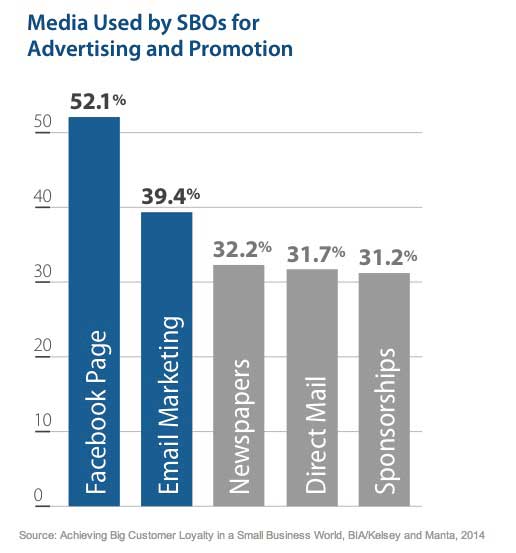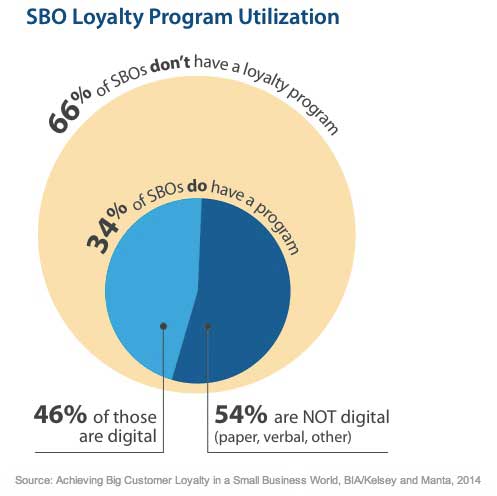2014 has seen a definite shift towards customer retention, with the majority of small businesses planning on spending most of their advertising budget on customer retention. It’s no secret that existing customers pay more, and that growing an old customer is a more profitable activity than attracting a new one.
We think it’s a smart move, because it is easier than ever with email marketing and social media to turn your existing customers into an auxiliary sales force, taking advantage of their brand advocacy and increasing social sharing ability. They can remain important streams of revenue while shaking down new business.
So go out and thank your customers. We know we will.
Small Businesses Focused on Existing Customers in 2014
 Most small businesses (62%) plan to spend the majority of their 2014 annual marketing budget on retaining existing customers rather than trying to acquire new ones, according to a recent report from BIA/Kelsey and Manta.
Most small businesses (62%) plan to spend the majority of their 2014 annual marketing budget on retaining existing customers rather than trying to acquire new ones, according to a recent report from BIA/Kelsey and Manta.
That’s a shift from 2012, when BIA/Kelsey found that most small businesses were spending more than half of their marketing budget on finding new customers.
Similarly, small business owners say they now spend most of their time investing in existing customer relationships, with most (56%) spending less than 25% of their time on efforts related to new customer acquisition.
Such time and resource investment in existing customers is directly apparent in revenue: 61% of small businesses say they generate most (51%+) of their annual sales from repeat customers.
Below, additional key findings from the report, which was based on data from a survey of 902 US-based small business owners (SBOs).
Reflecting the emphasis on reaching existing customers, Facebook and email are the two most popular marketing channels with respondents (used by 52.1% and 39.4%, respectively).

Loyalty Programs
- 34% of respondents say their small business has a loyalty program to help market to existing customers.
- 46% of those loyalty programs are digital-based. The remainder are paper-based (31%) or verbal/some other form (17%).

About the research: The report was based on data from a survey of 902 US-based small business owners, conducted in January 2014.







